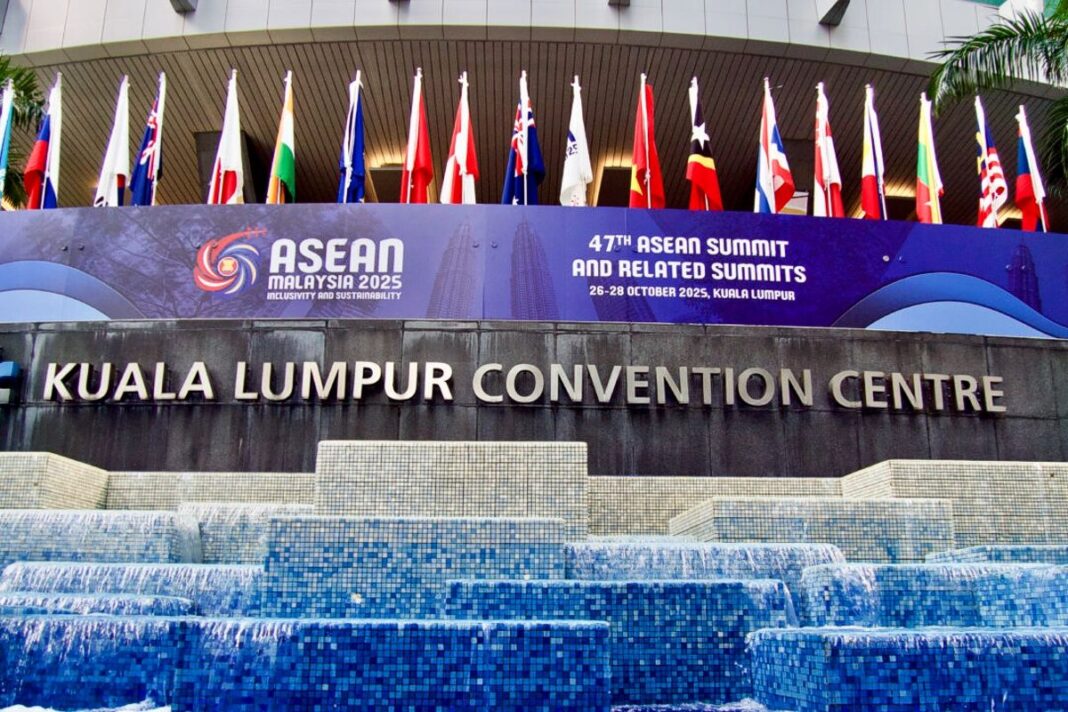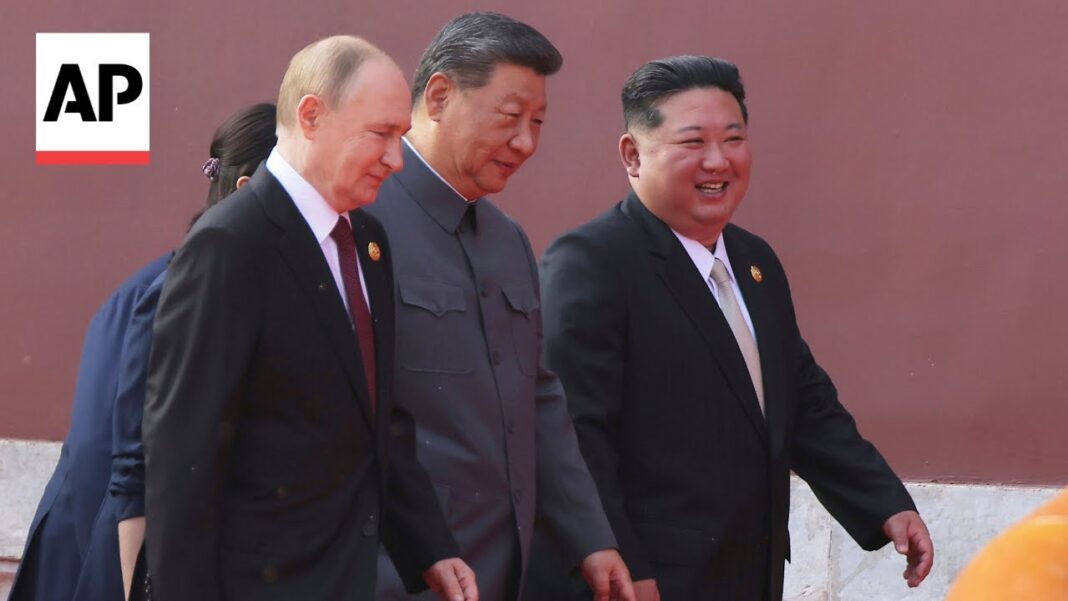Analysts warn the upgraded free trade pact will continue to allow cheap China-made goods to flood regional markets and hollow out ASEAN member economies.
News Analysis
Members of the Association of Southeast Asian Nations (ASEAN) have signed an upgraded free trade pact with Beijing, a significant move amid intensifying U.S.–China rivalry that experts warn could expose the bloc to “origin washing” penalties, industrial hollowing-out, and eroded economic sovereignty.
The pact, officially titled the ASEAN-China Free Trade Area (ACFTA) 3.0 Upgrade Protocol, was formalized in Kuala Lumpur on Oct. 28, at a ceremony on the final day of the annual ASEAN summit witnessed by Chinese Premier Li Qiang and Malaysian Prime Minister Anwar Ibrahim.
The move is widely seen as part of Beijing’s push to expand its dominance over the 11-member bloc.
ASEAN ranks as China’s top trading partner, with two-way trade hitting $771 billion last year, according to data from the association’s own statistics.
A ‘Backdoor’ for Beijing
This extensive trade relationship, however, is also frequently viewed as a “backdoor” for China-made products to evade U.S. tariffs, according to the Lowy Institute.
Although U.S. President Donald Trump signed trade pacts at the ASEAN summit granting zero tariffs on selected goods from Malaysia, Cambodia, and Thailand, Washington has continued to impose penalties of up to 40 percent on ASEAN countries for the transshipment of China-made goods—a practice of fraudulently certifying a good’s origin to avoid penalties.
Pavida Pananond, a professor at Thammasat University’s Business School in Thailand, said ASEAN countries seeking to leverage the upgraded pact for greater access to the China market should proceed with caution, as the deal could also turn the bloc into a major hub for Chinese “origin washing,” also known as transshipment.
“ASEAN should not be just blindly going into this China-ASEAN FTA without an awareness of the risk of relying too much on Chinese supplies in their products, because this could allow transshipment of Chinese products to take place through ASEAN countries,” Pananond told The Epoch Times.
Teuku Rezasyah, an associate professor of International Relations at Padjadjaran University and President University in Indonesia, called it “a very difficult situation for ASEAN,” warning that the deal may worsen the issue, as many member states cover vast areas and lack strong enforcement mechanisms to stop China-made products from being relabeled.
“I think we are yet to produce a coherent policy on [China-made] origin washing. The newer members of ASEAN, like Cambodia, Laos, and Timor-Leste, will be heavily affected by that because it demands excellent intelligence quality to monitor their own territories,” Rezasyah told The Epoch Times.
By Jarvis Lim








